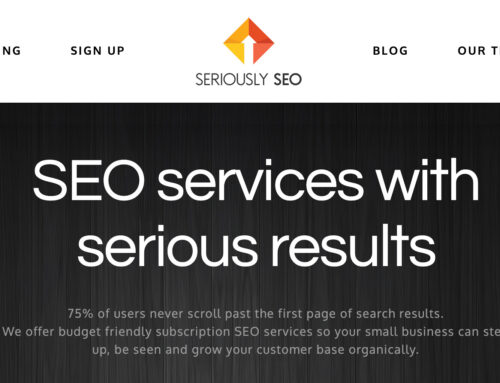SEO Tips For Startups

SEO Tips for Startups
One of the most indispensable tools for the 21st century startup is the Search Engine Optimization, SEO for short. This is because a lot of traffic and leads are generated online hence, getting ranked on the front page of the most-used search engines is a surefire way to be at the fore of your business.
This basically means that getting the right knowledge and grip of SEO is one thing your startup cannot and should not do without. One way to perhaps grasp the importance of this is to research the amount of money which most companies and businesses spend on hiring SEO agencies to carry out the search and eventual optimization of their sites. This process, albeit costly sometimes, is one that is sure to pay dividends in the long run. Having a good SEO is a priority focus for you thus the need to give you some actionable tips to help you get started.
- Set, define and focus on the desired outcomes: There is nothing online that isn’t planned. Intent and focus drive the key needs and satisfaction of online businesses, and if your startup is to benefit from this, you must have clearly defined goals that you will work towards. This will depend on your type of business and how you aim to make money and generate leads.
- Know what to analyze and how: SEO is a wide field that could take time to master and knowing just what to do will help save some stress. Engaging analytics software such as Google Analytics, Google Search Console and some other keyword analytics is very important for you. You should also Integrate marketing automation and CRM with your lead capture sources.
- Carry out non-branded keyword research to discover long tail opportunities: You can use paid tools like Moz Keyword Explorer or Ahrefs Keyword Explorer to do this, or if you’re on a tight budget (startups are usually difficult to begin) you could use the Google auto suggest when you type in keywords to the search engine. Another way you can do this is by using a free app like keywordtool.io to scrape up keywords and then check them out with Google keyword explorer search.
- Prioritize content opportunities: After getting keywords, search volumes, impressions and all, the next thing to do is to prioritize them. You can prioritize them by strong CTR opportunity volume, high importance / relevance, and low difficulty. You should get data from several sources like Moz, Ahrefs and Auto-Suggest, and then make the bottom of funnel keywords the priority. This is because they are most likely to be the deciders in terms of sales and revenue generation. Collect keyword metrics and prioritize them according to your laid down goals.
- Follow the latest trends and Google updates, SEO news: Crawl the internet and follow authorities on SEO matters, Google SEO tools and also sign up for newsletters and updates that will keep you abreast of latest trends and developments when it comes to SEO.
My final tip for you is on two notes: the first is that you should focus on getting started steadily, do not rush things so you don’t miss the important and necessary steps. The second is that you should focus on building quality content that will attract and keep organic traffic.



